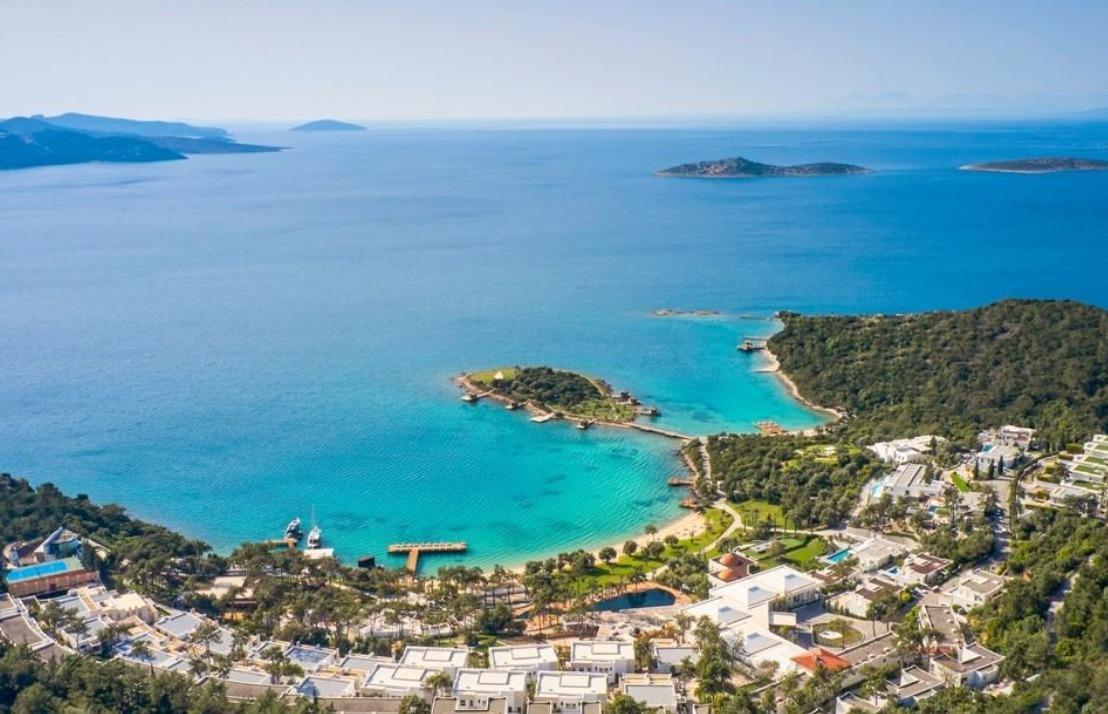Occupancy rate rises in Bodrum as hotels cut price
MUĞLA

Hotels in the popular resort town of Bodrum in the western province of Muğla saw their occupancy rates moving upward last month as they slashed prices.
High prices were blamed for low occupancy rates in the previous months across the country, which prompted Firuz Bağlıkaya, the president of the Association of Turkish Travel Agencies (TÜRSAB) to call on hotels to cut their prices in July.
More local tourists would go on vacation if prices came down to “reasonable levels,” Bağlıkaya said at that time.
Hotels in Bodrum responded to this call and slashed their prices between 30 percent to 35 percent in August, which helped tourist facilities lure more holidaymakers last month.
According to a survey conducted among 130 hotels in the district, the occupancy rate at Bodrum’s hotels climbed from 65 percent in July to 75 percent, said Neslihan Nazlıoğlu, the president of the Bodrum Tradespeople, Industrialists and Businesspeople Association (BESİAD).
The decline in prices is not enough, Nazlıoğlu commented.
Room rates at a four-star hotel are around 10,000 Turkish Liras, she said, adding that those prices are still prohibitively too high for many people.
“We reduced the prices and saw the positive effects of our move,” said Mete Üsküdarlı, the general manager of Mivara Luxury Bodrum.
Their costs soared this year, but they did not pass higher costs onto visitors, he added.
“What we saw was that consumers rejected to accept even a small price increase. This was not the case only with local holidaymakers as even American tourists found the prices too high,” Üsküdarlı said.
They heeded the call from TÜRSAB and slashed their prices, he added.
“When we did this, our business in August turned out to be much better than it was in July. The occupation rate at our hotel climbed from 40 percent to above 60 percent, and it stays at this level in September.”
Üsküdarlı also noted that there are fewer tourists from the Middle Eastern countries compared with July and August. He linked this to the anti-migrant sentiment.
“For instance, a Moroccan woman tourist was verbally abused in Taksim [in Istanbul]. The video of this incident immediately went viral.”
Such negative news reports adversely impact demand from those nations, he said.
















